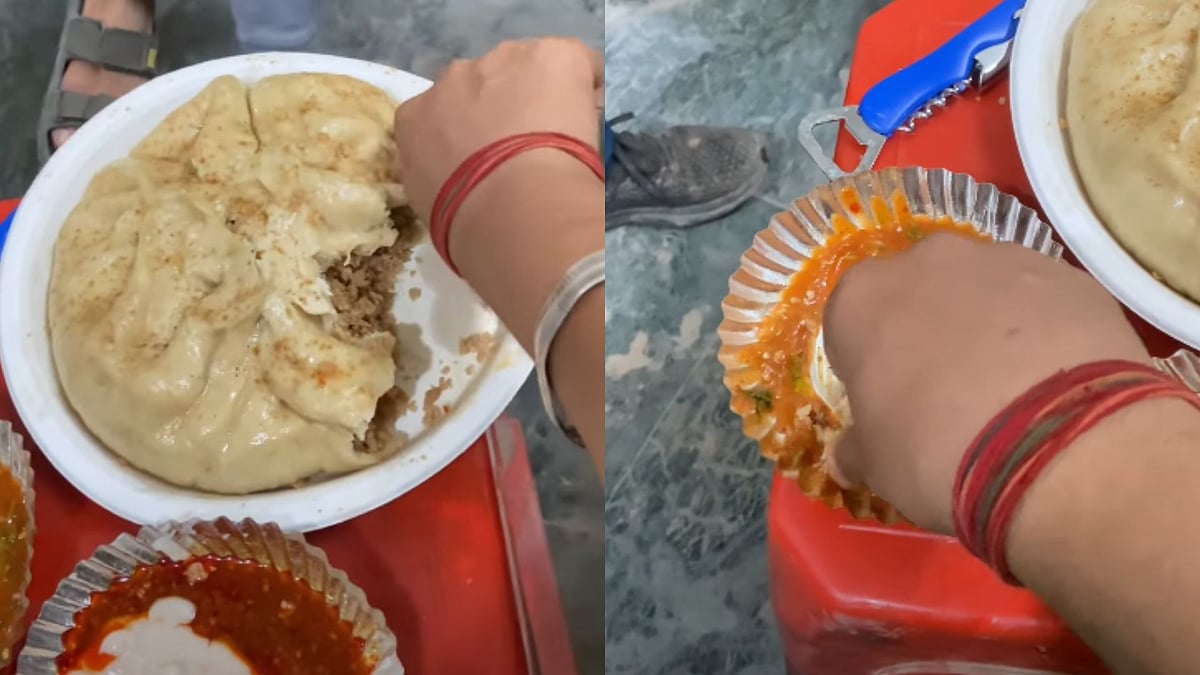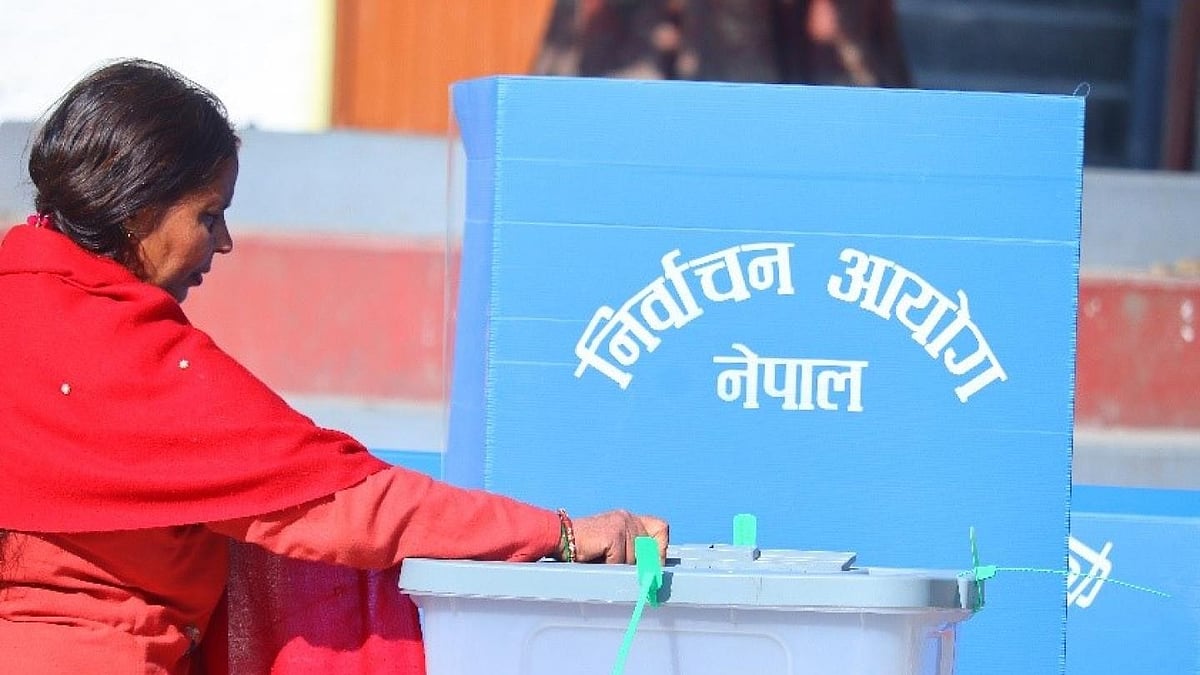A 29-day-old baby boy suffering from a rare genetic disorder associated with multiple (rhabdomyomas) tumors got a lease of life after doctors at the Bai Jerbai Wadia Hospital for Children (Parel) him with a new drug used to treat heart failure. The baby was suffering from Tuberous Sclerosis and the drug decreased the size of the tumors and normalised his heart rate. According to doctors, the baby is arrhythmia-free, weighs 2.8 kg and is accepting feeds like other children.
The Karjat-based Kandvi family was happy after Kavita delivered a boy. However, their happiness was shortlived as he did not cry after birth. Though successfully resuscitated, the local doctors told the parents about the baby’s abnormally fast heart rate. He was referred to a Badlapur hospital where two anti-tachycardia medicines called antiarrhythmics were started. However, the baby didn’t get that much-needed relief and was rushed to Wadia Hospital for further treatment.
Senior consultant paediatric cardiologist, Dr Jayashree Mishra said the baby arrived at the hospital in a critical condition with a failing heart. The ECG revealed a fast heart rate of 230 bpm with an abnormal rhythm. “With uncontrolled heart rate, the child was going into heart failure. The scan of his heart showed multiple large and small tumors with characteristics suggestive of rhabdomyoma. Primary heart tumors in newborn babies are very uncommon with an incidence of 0.0017-0.02 per cent. Though rhabdomyomas are the commonest primary cardiac tumors, they are overall very rare. Multiple giants and diffuse rhabdomyomas occupying the heart cavities and causing life-threatening arrhythmias have an occurrence of 1 in a million newborn babies. These tumors were numerous and varied in size with one of them as large as 3cm x 3cm attached to the lower pumping chambers of the heart,” Dr Mishra said.
Rhabdomyoma, especially when multiple and diffuse is known to be intimately associated with a genetic condition called Tuberous Sclerosis (TS). Around 50 per cent of patients with TS develop rhabdomyoma. TS causes benign tumors in multiple sites like the heart, skin, eyes, kidneys and the brain.
“On further investigation, we found that this is a familial abnormality and the child’s father and grandmother had the same genetic defect as shown by their clinical stigmata and prior clinical reports. Both have undergone treatment for the same condition, however, in their cases, the heart was spared,” Dr Jayashree said, adding that knowledge of this genetic condition is important as 50 per cent of children born to affected parents can inherit it.
She further added that rhabdomyomas can cause arrhythmias, blood flow obstruction due to mass effects, and heart failure. “In this baby, these tumors were giving rise to this serious fast heart rate. The tachycardia called SVT was due to an abnormal circuit formed in the heart by the tumor tissue and so it was not responding to any anti-tachycardia drugs. Management of arrhythmias includes medical treatment with antiarrhythmics, catheter ablation, placement of an implantable cardioverter-defibrillator (ICD), surgical excision, and even heart transplantation,” she said. Dr Jayashree added that surgery was impossible as the tumors were very widespread and are difficult to remove in a newborn baby; and that catheter ablation and ICD were challenging, given its small size.
As there were not many options left to save the child’s life, it was decided to treat her with a novel drug Everolimus. "This anticancer drug worked miraculously for this critically ill newborn and over the next few days, the tumor size started reducing and the heart rate came to a safe range. The heart failure came under control and the child became stable clinically. As this drug needs thorough monitoring of blood sugar, serum lipids, and blood counts, the child was kept under observation in the neonatal intensive care unit. This anticancer drug is known for suppressing the body’s immunity. Hence, the child was given prophylactic antibiotics and kept under strict asepsis to prevent secondary infections,” Dr Mishra said, adding that at the end of three weeks, all the small tumors regressed and the largest one decreased to 1cm in size. The baby's heart function assessed by echocardiogram is also within the normal range.
“There has been no recurrence of fast heart rate in the last three weeks. This drug treatment is planned for a total duration of four weeks to allow sustained benefit. There is no side effect of this treatment and at present, the baby is fully stable with normal vitals and feeding orally. He will be discharged upon finishing four weeks of treatment,” Dr Mishra concluded.




